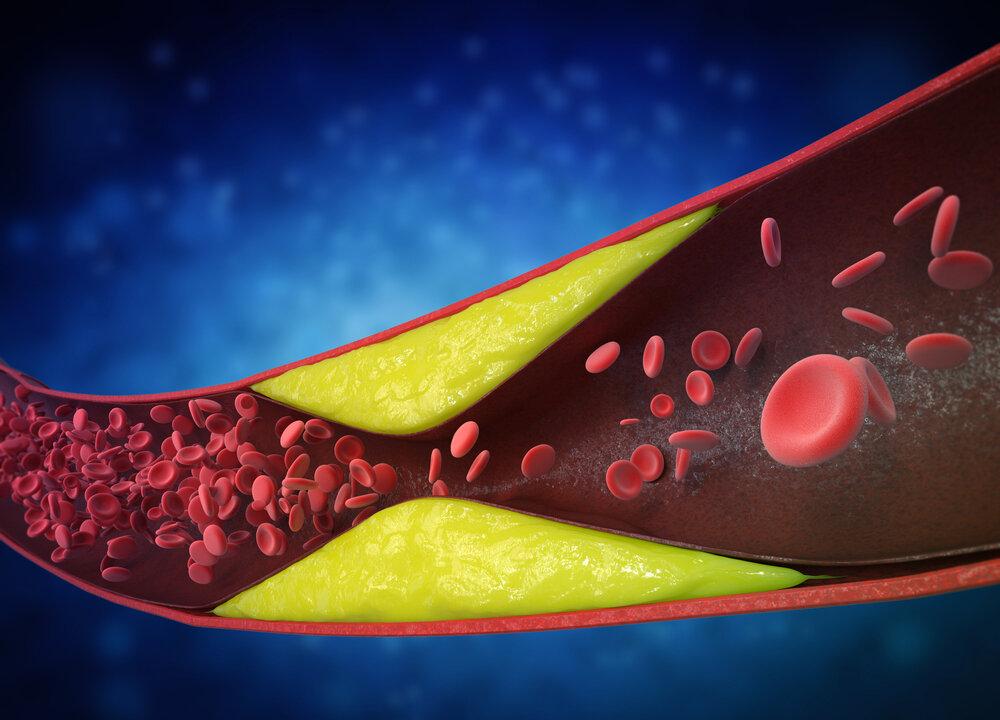Many of us who have been infected with the COVID-19 virus face long-term health challenges, including lung nodules, severe complications, and surgery. Current treatments for these long-term effects are still limited. This article introduces the potential of exosome therapy, a cutting-edge treatment, to address COVID-19 syndrome, particularly its neurological and mental health aspects and its benefits for the heart and lungs.
Vascular and Nerve Damage from COVID-19
Up to 30 percent of people infected with COVID-19 may develop long COVID, a complex condition with a wide range of symptoms. Common symptoms include extreme fatigue, shortness of breath, brain fog, cognitive impairment, changes in taste or smell, and gastrointestinal issues.In more severe cases, patients may develop paranoia, delusions, and other symptoms of psychosis. In a few severe cases, it may even be accompanied by suicidal thoughts. These symptoms have a serious effect on the patient’s daily health and quality of life.
The Mechanics of Exosome Therapy
Exosomes are nanoscale vesicles released by cells, containing proteins, lipids, and genetic material, that can promote repair and communication between cells. Exosomes derived from mesenchymal stem cells are found to be particularly effective.The regenerative capabilities of exosomes are also crucial. They can promote tissue regeneration, restore local vascular function, and repair microvascular damage, which is one of the keys to treating COVID-19. Exosome therapy has shown efficacy in a variety of disease mechanisms, such as stroke, myocardial infarction (heart attack), spinal cord injury, and acute and chronic injuries affecting the kidneys, liver, and brain.
Unlike many conventional therapies, exosomes are capable of crossing the blood-brain barrier, allowing them to reach neural tissue directly. This makes them a possible candidate for the treatment of neuroinflammatory and neurodegenerative conditions. By targeting and repairing microvascular damage in the brain, exosomes may help alleviate neuropsychiatric symptoms associated with COVID-19 and other diseases.
Exosomes can be administered intravenously or via nasal aerosol inhalation, making them a potential targeted treatment of neurological diseases such as Alzheimer’s disease and Parkinson’s disease. Because exosomes can reach neural tissues through both delivery routes, they also show promise in treating COVID-19-related brain complications.
In addition, aerosolized exosomes can be inhaled directly into the lungs, where they may help repair pulmonary damage, including nodules resulting from COVID-19 infection. This approach could improve lung function and support recovery in patients with respiratory complications. Thus, exosome therapy holds significant potential as a novel and effective treatment modality.
Clinical Implications and Future Directions
COVID-19 has brought serious challenges to personal physical health, mental health, and the health care system. By improving physical function, enhancing quality of life, and reducing the long-term burden of COVID-19, exosome therapy offers a new ray of hope.While exosome therapy is still in the early stages of clinical research, further trials are needed to confirm its safety and effectiveness. Successful clinical application of exosome therapy could revolutionize the treatment of COVID-19 and other chronic diseases, bringing significant benefits to patients worldwide.







